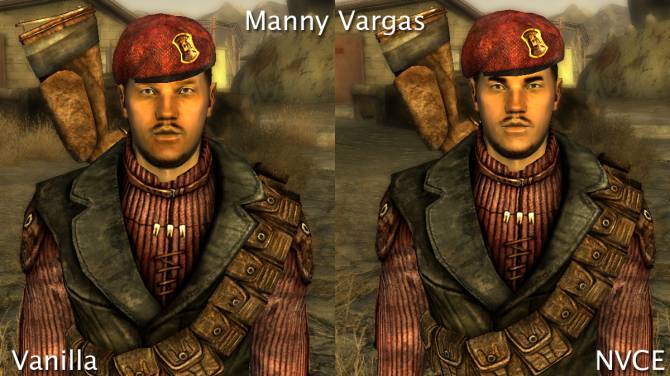
The Outer Worlds has effectively been built from the ground up for replayability. Game directors Tim Cain and Leonard Boyarsky tell me it’s all part of the plan, with a concise campaign featuring many different potential paths to take along the way. Add to that a perk - called “dumb” - that allows me to derail even the simplest conversations with the most ridiculous replies imaginable, and this is already shaping up to be a memorable role-playing experience. I was even able to confound the ship’s artificial intelligence. All of my dialogue choices give me an opportunity to reveal my actual name, and one that keeps it a secret. That means Kate did a few murders early on to cement her alibis.Īnd, so far at least, the game isn’t stopping me. That means revealing to no one that she’s assumed the role of one Captain Alex Hawthorne, stealing their identity and their starship with a plan to ride both for all that they’re worth. Her name is Kate, and with extremely low intelligence and high charisma, she’s a pistol-packing scoundrel who fakes it until she makes it.

The end result is an RPG that feels incredibly wide, with lots of options for how I choose to play out a scene.Īs a result, my character already feels genuinely unique.

It’s not trying to railroad me, or push the dialogue of a given conversation into any one direction. After playing The Outer Worlds for just a few hours, it’s remarkable how often the game seems to be saying “yes” to the choices that I make for my character.


 0 kommentar(er)
0 kommentar(er)
